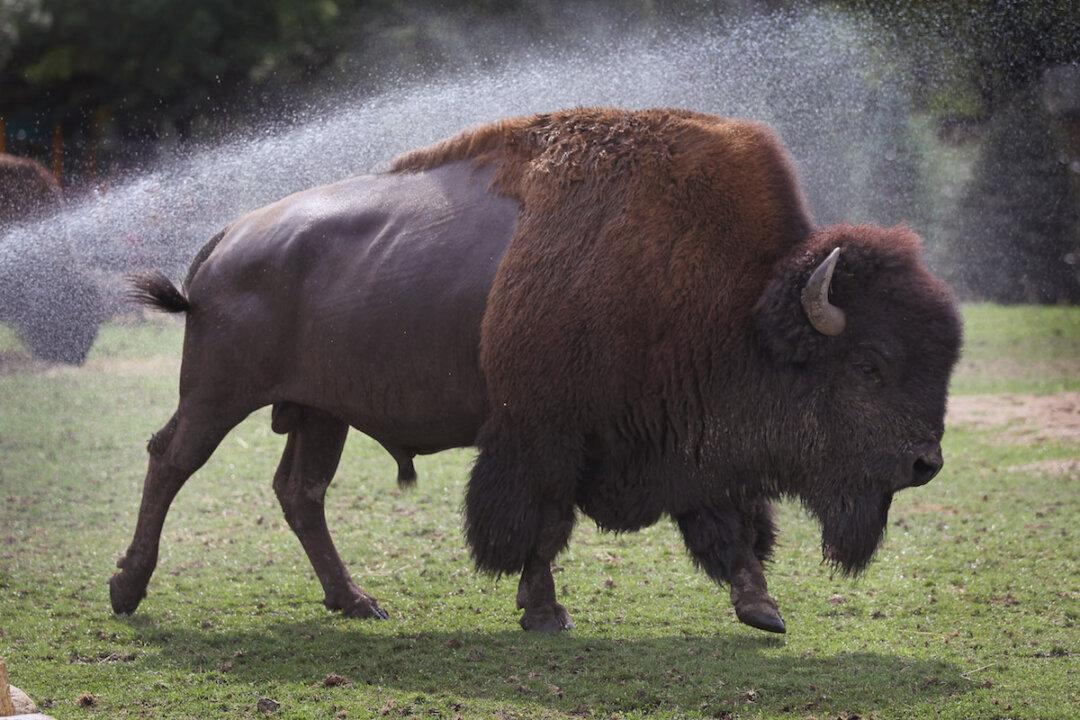Breathes there the man, with soul so dead, Who never to himself hath said, This is my own, my native land! Sir Walter Scott
Recently, I was thumbing through some books in my apartment when I came across a couple of novels by Kenneth Roberts.Many years ago, I was obsessed for a while by Roberts’s historical sagas: “Arundel,” “Oliver Wiswell,” “Northwest Passage,” and other tales of America’s colonial and revolutionary period. Not only did I admire his style and storytelling skills—his knowledge of history was extensive, and he wrote as if he himself were living in the 18th century—but those books also reinforced pride in my country.






